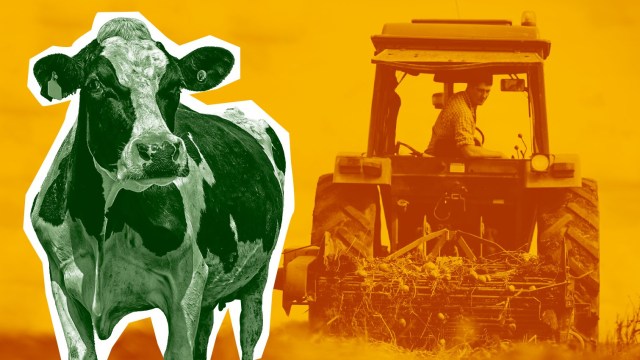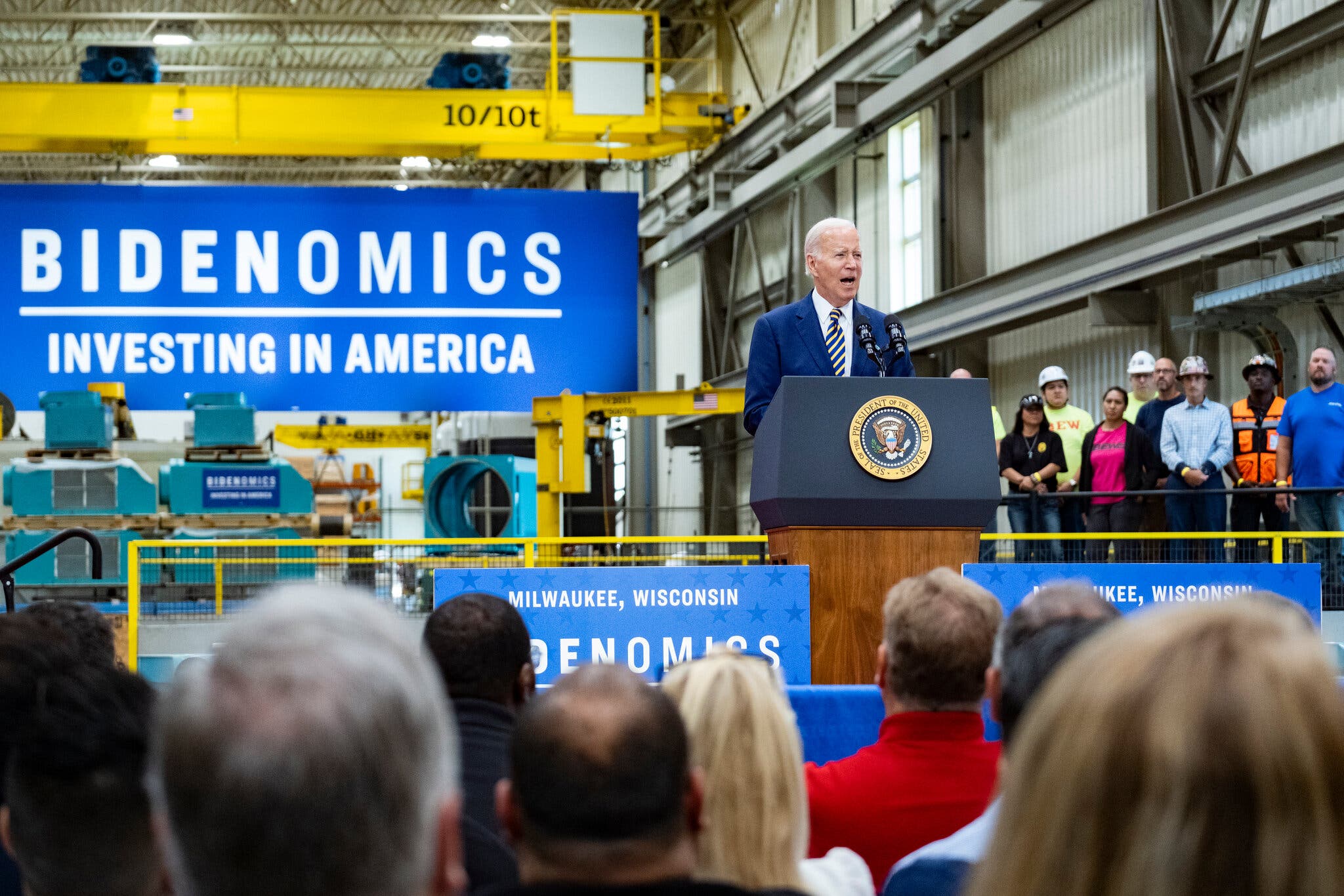Will Reform UK Policies Benefit UK Farmers?

Table of Contents
Reform UK's Agricultural Policies: A Detailed Look
Reform UK's agricultural platform centers around a departure from the current system of extensive government subsidies and regulations. Their vision promotes a more free-market approach to farming, emphasizing deregulation and free trade agreements. While specifics are still evolving, some key policy proposals include:
-
Abolition of Certain Agricultural Subsidies: Reform UK advocates for a significant reduction, if not complete abolition, of certain agricultural subsidies. This aims to reduce government spending and encourage greater market efficiency. However, the implications for farmers heavily reliant on these subsidies could be devastating, potentially leading to farm closures and job losses.
-
Focus on Free Trade Agreements: The party champions a strategy of negotiating numerous free trade agreements globally. This promises increased market access for UK agricultural products, potentially boosting exports and creating new revenue streams for farmers. However, increased competition from cheaper imports could negatively impact domestic producers, particularly in sensitive sectors.
-
Stance on Environmental Regulations: Reform UK's stance on environmental regulations is complex. While acknowledging the importance of environmental stewardship, they advocate for a reduction in the administrative burden associated with current regulations, arguing that many are overly complex and stifle innovation. However, relaxing environmental standards could have detrimental effects on biodiversity and sustainability in the long run. This could negatively impact farmers who rely on environmentally friendly practices to attract consumers.
Potential Benefits for UK Farmers
Despite the potential drawbacks, some positive outcomes for UK farmers could result from Reform UK's policies:
-
Increased Market Access: Free trade agreements could open up lucrative export markets for UK farmers, allowing them to diversify their product range and reach new customers. Opportunities exist in countries with high demand for high-quality British produce, such as certain Asian markets and within the EU.
-
Reduced Bureaucracy: Less stringent regulations and a streamlined administrative process could significantly reduce the time and resources farmers currently dedicate to paperwork, freeing up valuable time and money for production and investment.
-
Targeted Support for Specific Farming Sectors: While reducing blanket subsidies, Reform UK might implement targeted support programs for specific sectors facing unique challenges. This could involve providing assistance to smaller farms or those specializing in niche products.
Potential Drawbacks for UK Farmers
The potential negative consequences of Reform UK’s policies should also be carefully considered:
-
Loss of Income: The reduction or elimination of subsidies could lead to significant income losses for many farmers, particularly those operating on smaller margins. The magnitude of this impact will vary greatly depending on the specific type of farm and its reliance on government support.
-
Increased Competition: Opening the market to cheaper imports through free trade agreements could result in increased competition, squeezing profit margins for domestic producers. Dairy farmers and arable farmers, for instance, may face particularly intense pressure.
-
Challenges in Meeting Environmental Standards: While less stringent regulations might reduce administrative burdens, easing environmental standards could lead to difficulties in complying with international trade agreements or accessing environmentally conscious consumer markets. Meeting stricter private standards for supermarkets, for example, could become more costly.
Comparison with Existing Policies
Currently, UK farming benefits from a system of direct payments and support schemes designed to ensure food security and support environmental protection. Reform UK’s proposed shift towards a more free-market approach represents a significant departure from this model. The key difference lies in the level of government intervention: the current system emphasizes considerable state involvement, whereas Reform UK advocates for minimal intervention, prioritizing free markets and competition. This shift carries significant risks and opportunities for UK farmers. Understanding the existing support structures and comparing them to Reform UK's proposals is crucial for evaluating their overall impact.
Will Reform UK Policies Benefit UK Farmers? A Final Verdict
The potential effects of Reform UK policies UK farmers are complex and multifaceted. While free trade agreements and reduced bureaucracy could offer opportunities for increased market access and efficiency, the elimination of subsidies and potential increased competition pose significant risks. A balanced assessment necessitates careful consideration of both the potential benefits and the potential drawbacks. The net impact will largely depend on the specifics of the implemented policies and the ability of individual farmers to adapt to a more competitive market environment.
Continue the discussion on how Reform UK policies will affect UK farmers by sharing your thoughts in the comments below. Learn more about Reform UK's agricultural policies and their potential impact on UK farmers by visiting [link to relevant resource].

Featured Posts
-
 New Christina Aguilera Photos Spark Debate Too Much Photoshopping
May 03, 2025
New Christina Aguilera Photos Spark Debate Too Much Photoshopping
May 03, 2025 -
 Mstqbl Aleab Alfydyw Nzrt Ela Blay Styshn 6
May 03, 2025
Mstqbl Aleab Alfydyw Nzrt Ela Blay Styshn 6
May 03, 2025 -
 A Major New Exhibition Showcases South Koreas Distinctive Housing
May 03, 2025
A Major New Exhibition Showcases South Koreas Distinctive Housing
May 03, 2025 -
 Fortnite Cowboy Bebop Collaboration Free Items Available For A Short Time
May 03, 2025
Fortnite Cowboy Bebop Collaboration Free Items Available For A Short Time
May 03, 2025 -
 Analyzing The Economic Challenges Facing The Biden Administration
May 03, 2025
Analyzing The Economic Challenges Facing The Biden Administration
May 03, 2025
